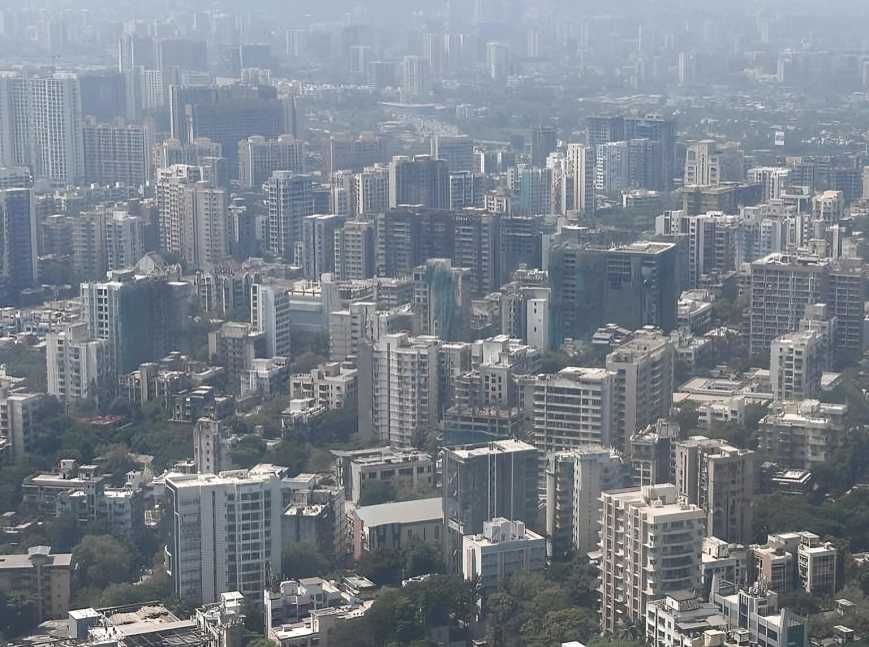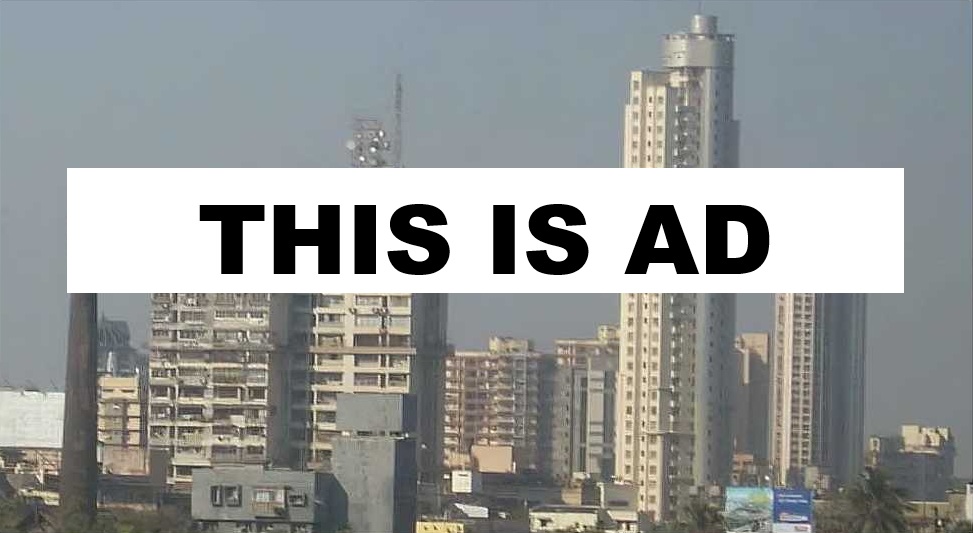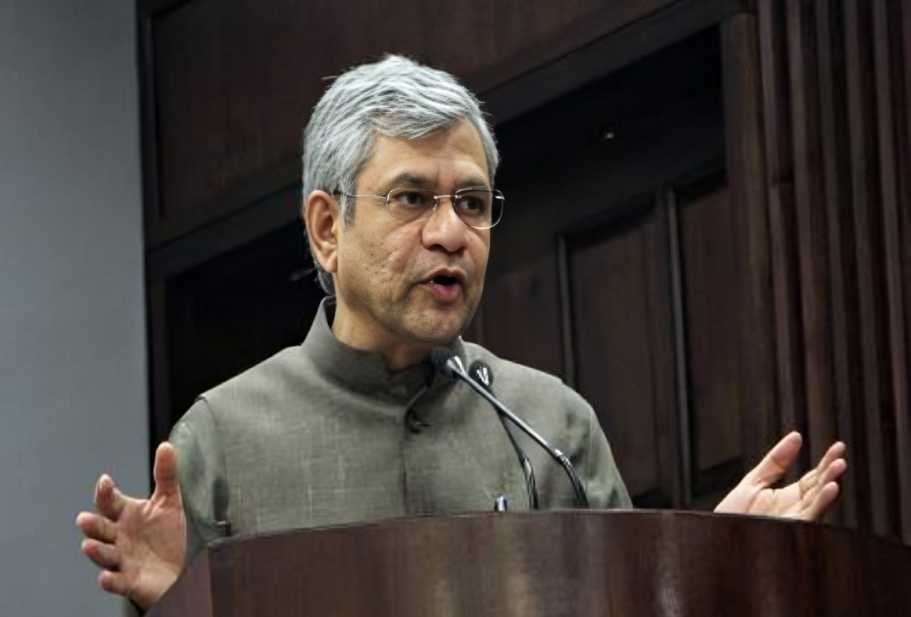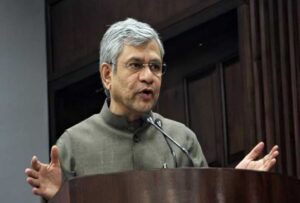Senior Congress leader and urban planner Anant Gadgil has called on the government to halt granting additional Floor Space Index (FSI) in major cities like Mumbai and Pune, which are increasingly trapped in a “chakravyuha” of congested flyovers and roads. Speaking to PTI, Gadgil warned that the excessive concrete replacing natural soil reduces water percolation, leading to more frequent flooding during heavy rains.
Gadgil advocates for the development of satellite towns, such as Navi Mumbai, within the Mumbai-Pune-Nashik triangle to ease the burden on existing urban infrastructure. Instead of expanding vertically through higher FSIs, he suggests investing in quality schools, colleges, and hospitals in these satellite townships. To tackle traffic congestion, Gadgil proposes offering land at affordable rates to companies with a stipulation that at least 75% of their employees reside within these satellite areas.
Highlighting the pitfalls of increased FSI, Gadgil explained that more flats mean more cars, resulting in heavy traffic and a growing network of costly flyovers, which have a practical lifespan of just 15 to 20 years despite their longer structural durability. For instance, the Eastern Freeway, once relatively clear, now suffers peak-hour gridlock.
Gadgil also pointed out the loss of green space as well-planned areas with low-rise buildings have been replaced by high-rise constructions, with soil being covered in concrete for parking spaces. This concrete coverage hampers rainwater absorption, exacerbating flood risks. Although the environment ministry once proposed keeping 30% of ground-floor parking areas non-concrete, no formal rules have been enacted.
He further stressed the need for urban design that allows sea breezes to flow freely to reduce pollution and advocated for controlled building heights along Mumbai’s coastline. Gadgil also criticised poor enforcement of building regulations, urging the government to mandate architectural certification for internal renovations to prevent structural failures.
In sum, Gadgil calls for sustainable urban planning that balances growth with ecological and infrastructural resilience.
Source: The Economic Times
















